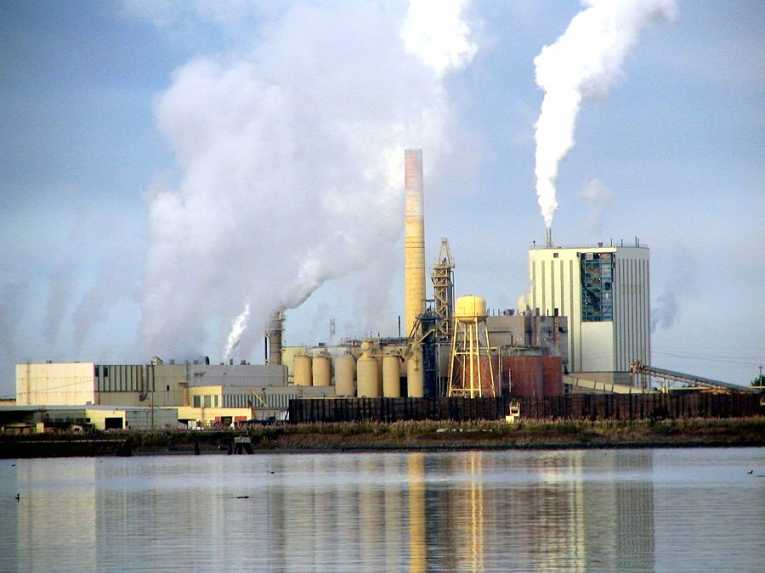Scientific evidence demonstrates that carbon dioxide (CO2) emissions from burning fossil fuels, the primary driver of climate change, have continued to rise dramatically, according to a comprehensive report released on Sept. 21, by the European Commission's Joint Research Centre and PBL Netherlands Environmental Assessment Agency.
CO2 emissions rose by 45% between 1990 and 2010, reaching an historic peak of 33 billion tonnes of manmade CO2 spewed into the atmosphere in 2010. This occurred despite cutbacks by industrialized nations working diligently to meet reduction targets outlined by the Kyoto Protocol.
The protocol, initially adopted in 1997 in Kyoto, Japan, is an international environmental treaty signed and ratified by 191 nations/states. Among signatories, only the United States has failed to ratify the treaty. In essence, participants agree to reduce their collective greenhouse gas emissions by 5.2% from 1990 levels. The legally binding agreement also set a timetable; participants are expected to achieve agreed-upon reductions by 2012. Targeted gases include CO2, methane, nitrous oxide and three other gases believed to promote global warming.
The present report noted that industrialised nations are likely to reach the 5.2% reduction target collectively, due in part to concerted reduction efforts, and in part to the effects of the global economic recession. In 1990, ratifying countries, and the US, were responsible for nearly two-thirds of global CO2 production. That share has now fallen to about one-half. But some nations are working harder than others to reduce emissions. The US, for example, presently emits more than twice as much CO2 as European Union nations. From 1990 to 2010, US emissions increased by 5%, while EU emissions decreased by 7%. Emissions by Japan remained relatively unchanged.
The increase in CO2 emissions continues to be caused primarily by power generation and road transportation, which account for 40% and 15%, respectively, of emissions. Reductions have been achieved through a variety of mechanisms, including reductions in use of coal and oil, increased use of nuclear power and natural gas, and gradually increasing use of renewable energy. Other savings have been realised by improving energy efficiency.
Overall, the report indicates that, while some progress has been made, relentless increases in the demands for energy and transportation will continue to outweigh present efforts to mitigate ever-increasing global greenhouse gas emissions.
Top Image Credit: Industrial Pollution © Lanie










